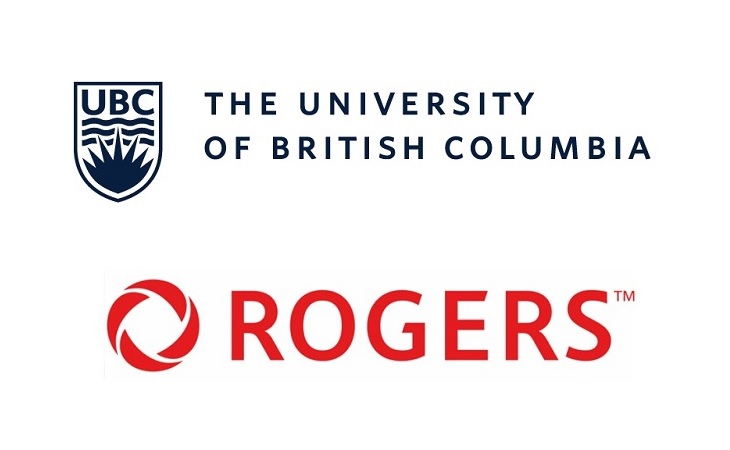
VANCOUVER — Rogers Communications and the University of British Columbia (UBC) announced today they are renewing their 5G research partnership for an additional four years.
This new $4.8-million partnership for 5G research and development projects “will challenge researchers at UBC’s Vancouver and Okanagan campuses and Rogers to develop, explore and test new made-in-Canada 5G capabilities in areas such as wildfire management, human teleoperations and emergency response that will help save lives and support the province,” reads a press release.
Rogers and UBC first announced a three-year 5G collaboration in September 2018, when they partnered to build a 5G hub on the UBC’s Vancouver campus to be used as a test bed for 5G applications. UBC’s 5G-powered smart campus went live in November 2019, as Cartt.ca reported here.
“Rogers is committed to fostering 5G innovation in Canada to help grow our economy, create new businesses, and help our local communities thrive,” said Joe Natale, president and CEO of Rogers Communications, in the press release.
“We started on this journey with UBC three years ago and are proud to have that continue today; bringing the collective strength of Rogers together with the research and academic expertise of UBC creates a formidable combination of talent and resources that raises the bar of 5G potential in Canada,” Natale said.
“Our continued partnership allows us to pursue research discoveries and develop new applications of 5G to address societal and economic challenges,” said Professor Santa Ono, UBC president and vice-chancellor.
“Together, we are investigating how 5G technology can help to shape and rebuild our world in ways that can have far-reaching positive impacts at UBC and beyond. I am looking forward to seeing what we’ll accomplish together,” Ono said.
Rogers and UBC also announced they will partner with national research and training organization Mitacs, which will enable additional funding as well as internships to expand the reach of 5G research projects, according to the press release.
Some details of the projects initially selected for the new Rogers-UBC 5G partnership framework were included in the release.
In the area of wildfire prevention and “smart forests”, researchers will look to build “community and ecological fire resilience using real-time monitoring of forest conditions through 5G and next-generation fuels,” says the release.
The aim of research into 5G-supported human teleoperation capabilities is to create “a tele-ultrasound system integrating mixed reality, haptics, control theory and 5G to extend telemedicine to reach patients in remote and rural communities,” the release explains.
In the case of enhanced emergency and disaster monitoring, a research project will focus on building “a clinically relevant, cost-effective and scalable medical platform that will use 5G slicing and low latency to address large-scale emergency situations.”
“The 2021 wildfire season in B.C. was the third worst on record in terms of area burned,” said Dr. Mathieu Bourbonnais, Department of Earth, Environmental and Geographic Sciences, at UBC’s Okanagan Campus.
“We look forward to working with Rogers in the Okanagan to develop and test the application of real-time monitoring of forest and fuel conditions to predict fire risk. This will assist in fire and landscape management, fire ecology, and climate sciences and we will develop and test the application leveraging existing collaborations in the Okanagan.”
For more, please click here.


